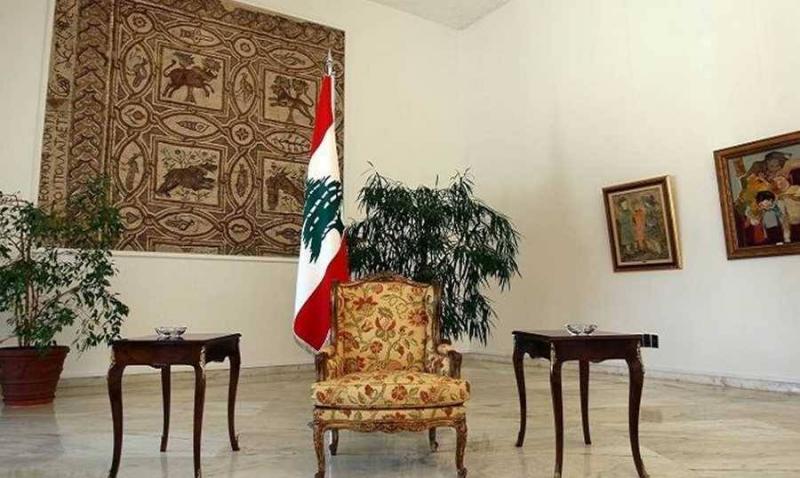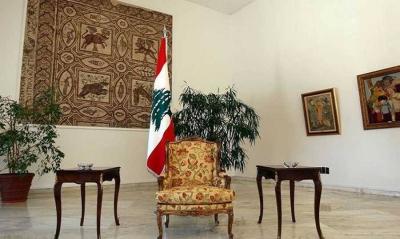A knowledgeable source confirmed to "Al-Anbaa" newspaper that the active diplomatic movement in Beirut over the past days has "succeeded in achieving some calm to avoid escalating the situation in light of the progress made in the Doha talks." The source added that Hezbollah, which continuously emphasizes its decision to respond to the assassination of its top military official, Fouad Shukr, has never linked its actions to the outcomes of ceasefire meetings. However, the positive atmosphere suggested by the concerned countries regarding the talks influenced the Lebanese situation, leaving some anxiety among many who were expecting an announcement of an agreement.
In this context, a military expert commented on the video distributed by Hezbollah about an underground military facility titled "Our Mountains are Our Treasures", which includes tunnels, roads, and branches where trucks loaded with rocket launchers move. The timing of this video’s release came just before a potential ceasefire agreement. The expert stated that this announcement signals two things: first, a lack of intent to escalate, as those who wish to go to war do not reveal their hidden assets. At the same time, it serves to boost morale or resembles a declaration of victory. Secondly, it is a response to Israeli threats, especially after the escalation in military rhetoric and recent statements suggesting that if war breaks out in Beirut, it will be hell.
The well-informed source continued that Hezbollah will not back down from a response, but it will be calibrated according to established rules of engagement, targeting military sites without provoking a response that exceeds daily Israeli attacks on Hezbollah targets.
Meanwhile, an informed Arab diplomatic source described the American, French, and Egyptian diplomatic efforts as "firefighting to extinguish political fires," attempting to spare Lebanon from a massive military conflict with Israel—a war that would be difficult to contain. He noted that initial outcomes from conversations among Lebanese officials, including the Speaker of the House, the Prime Minister, and Foreign Minister Abdullah Bou Habib, along with U.S. envoy Amos Hochstein, French Foreign Minister Stéphane Séjourné, and Egyptian Foreign Minister Badr Abdelatte, managed to open channels for dialogue and exchange of ideas to alleviate the heightened military tensions between Lebanon and Israel, ensuring that the rules of engagement remain intact and do not deviate from their defined context to avoid war spreading to the region.
He affirmed that the threefold diplomatic movement coinciding with the Doha negotiations would positively reflect on the southern Lebanese front with Israel if successful, leading to a ceasefire and later border demarcation between Lebanon and occupied Palestine. He pointed out that the majority of the quintet committee's countries, represented by their foreign ministers, have now directed their efforts towards reducing tensions between Lebanon and Israel, after previously focusing their diplomatic efforts in Lebanon on helping the Lebanese elect a president who encompasses all segments of Lebanese society.
He confirmed that discussions regarding the presidential election are postponed until further notice, with Arab, regional, and international diplomatic efforts concentrated on preventing the war from expanding, according to "Al-Anbaa" newspaper.




